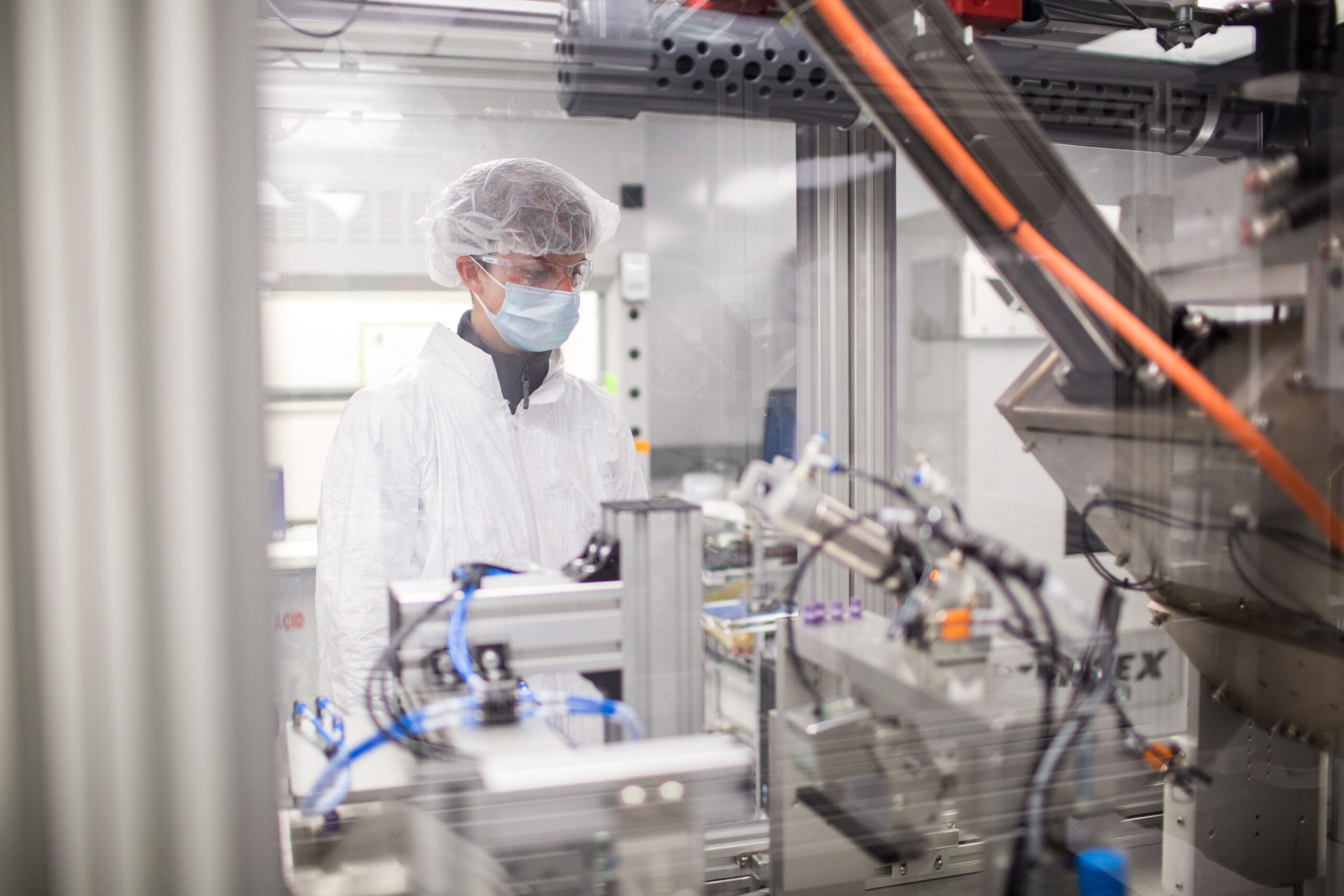There are several advantages you get from using lithium batteries produced by a lithium battery factory. Technology makes them get used widely for various applications. The applications vary from small electronic gadgets, smartphones, and laptops to even vehicles on other applications.
Lithium batteries' selection process over other technologies like nickel-metal hydride (NiMH) batteries or Lead-acid batteries, you need to be keen on their advantages. Lithium technology has made these batteries get huge applications that result in huge amounts of developments invested in them. The following are the advantages of Li-ion batteries:
Huge energy density
Huge energy density falls among the top advantages of lithium battery technology. Electronic equipment like mobile phones need to work longer between its charges but still consume much power. They need batteries with high energy density to keep them working all through. The NiMH can't provide the needed charge capacity to keep a smartphone working for long. The Nickel Metal Hydride technology won't allow the battery to last longer on a smartphone, especially when the battery needs to maintain the size constraints.
There are many other power applications, from electric vehicles to power tools. The high-power density that lithium batteries offer is a great advantage.
Self-discharge
The problem with several rechargeable batteries is self-discharge rates. The advantage of lithium cells is that they have a low self-discharge rate than other rechargeable batteries like NiMH and Ni-Cad forms. The rate in lithium cells is 5% in first four hours after charging, but the rate falls between 1 and 2% per month.
Low maintenance
Lithium batteries don't need a high maintenance rate to keep their performance. Ni-Cad batteries need periodic discharge to ensure they don't exhibit memory effects. Lead-acid batteries need maintenance, including topping up the acid periodically. It makes lithium batteries great as they dint need such maintenance duties.
Cell voltage
Each lithium cell gives around 3.6 volts. The voltage given here is higher than the voltage given by nickel-cadmium, alkaline cells and even nickel-metal hydride. The high voltage makes lithium batteries need few cells to function. In smartphones, the battery will only need one cell, meaning that there is power management.
The load characteristics
The lithium battery or cell load characteristics are good. They give 3.6 volts in every cell before they fall when using the last charge.
No need for priming
Many rechargeable cells need priming when they get their very first charge. The advantage of lithium batteries is the absence of this need. They get supplied while operational and are ready to go.
Many types available
There are many lithium batteries available. It means that their technology targets a specific application needed. Some give high power densities and are perfect for mobile consumer tools. Others provide much more current to power electric vehicles and tools.
Conclusion
The advantage of these lithium batteries is that their use increases in most sectors from low power use to higher power consumption units. The high current applications include electric vehicles and PV systems. When selecting your battery type, you need to look at its advantages. The above advantages make the lithium batteries or cells more preferred than the other technologies like NiHM.


